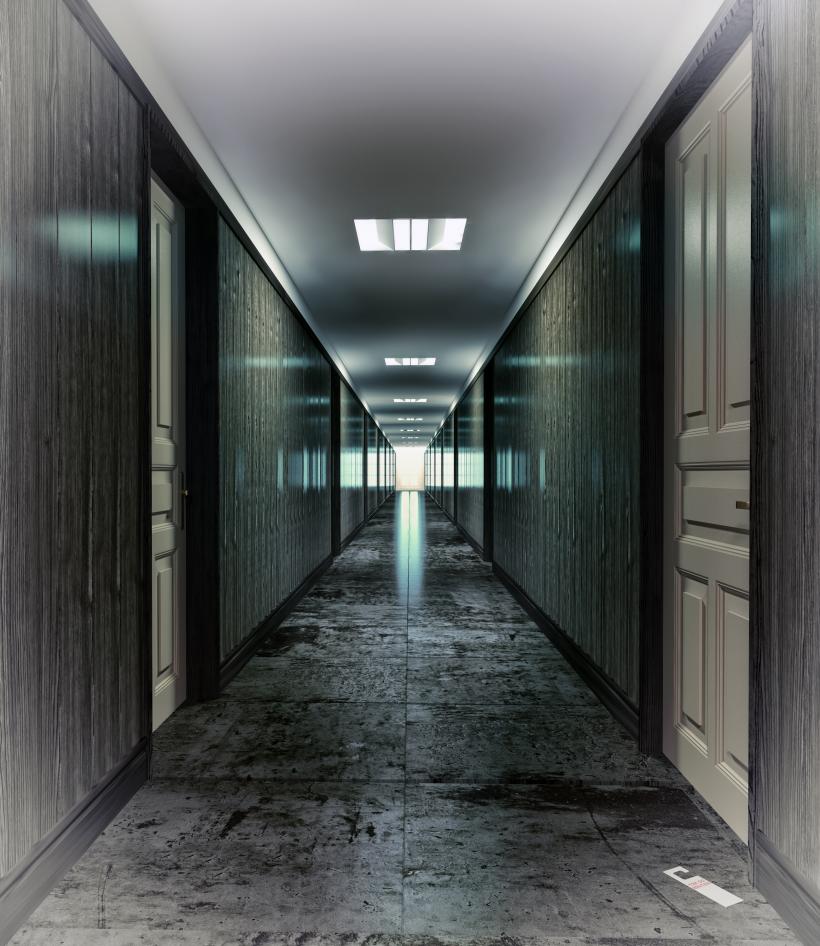
Thinkstock
“Imagine that things will be different tomorrow,” my therapist says.
On the surface, it seems like such a straightforward request, one that most people probably fulfill several times an hour. After all, isn't any type of planning or forethought a way of imagining that tomorrow will be different? All one has to do is think up a set of circumstances that vary even slightly from their current ones and voila—mission accomplished!
I could tell my therapist that tomorrow I will eat toast for breakfast instead of a bagel, and technically I will have done what she's asked. I could say that tomorrow, I will wash my face before I brush my teeth, a reversal of my usual order. I could promise to get up 15 minutes earlier than usual, or that I'll wear my watch on my left wrist, or take a bath instead of a shower. There are literally thousands of responses that would technically count as the correct response; I should just say one of those.
Instead, I look down at my lap and start methodically plucking lint off my wool skirt. It's a long, full skirt—the hem brushes the tops of my boots, and when I spin around it flares out beautifully, like a dress from some old Hollywood musical scene—and wonderfully warm. It's the kind of skirt you would call sensible, which is exactly why I bought it. Sensibility is something I aspire to, and sensible clothing seems like an easy place to start. I've filled my closet with earth-toned trousers and thick flannel shirts in the semi-earnest hope that the practicality of my wardrobe will spread through osmosis to the rest of my life.
What's the magic number of dark, sober cardigans you have to own before you turn into the kind of person who keeps appointments and pays their bills on time?
Plus, sensible fabrics like wool attract more than their fare share of hair and fluff, the picking of which helps buy me time while I come up with some kind of answer for my long-suffering therapist.
“I can't,” I finally say. “I literally can't imagine that.”
Of all the things depression has taken from me—and just to be clear, depression's thievery has been wide and vast—the loss of my ability to think about the future has been one of the hardest to bear.
It's not that the future stops being there, exactly; it's that it become swiftly and horribly blank. It goes from being a colorful and richly varied set of expectations to a world straight up ripped from the plot of some dystopian novel. And not even the good kind of dystopia where chaste teens give each each other long, meaningful looks that last for pages; I mean the bleak, deeply unsexy kind of dystopia. The type where every day you walk down this long institutional-looking hallway, all flickering fluorescent lights and scuffed linoleum flooring. Once all of the minutes allotted to your day have ticked down, you reach a door. When you open that door, there's another hallway, exactly the same as the one you just left. Your whole life is a series of hallways, each identical in their grim white blankness.
Seven hallways make a week and thirty or so make a month, but what's the point of keeping track? All you can do is keep your head down and watch your sturdy brown oxfords go through their daily paces. No door will ever lead to anything different; you may as well hope to get to Narnia by climbing into your solid, stubbornly non-magical wardrobe.
It's not that I lose my imagination completely when I'm depressed; in fact, during my worst times, I have a practically superhuman ability to imagine all kinds of nightmare-grade scenarios. It's more like my depression cranks the volume knob on my sadness until everything else is drowned out. Whenever I descend into the howling well of a depressive phase, all that I can feel is the immediacy of my misery. There is nothing beyond the horizon of any given hour or even minute of depression; there is only each perfectly brutal wave of anguish crashing over you, drawing back to reveal how awfully you've destroyed your life, and then crashing again. There is no thought of surviving a crisis, of getting through this, of living—there is only enduring.
There is only walking down the hallway, listening to the slap-slap-slap of the sensible soles of your sensible shoes.
There is only this.
Imagine that things will be different tomorrow.
I can't.







